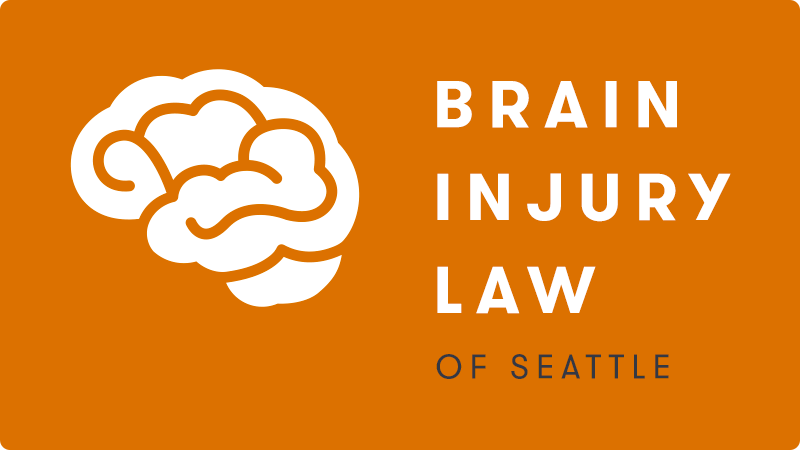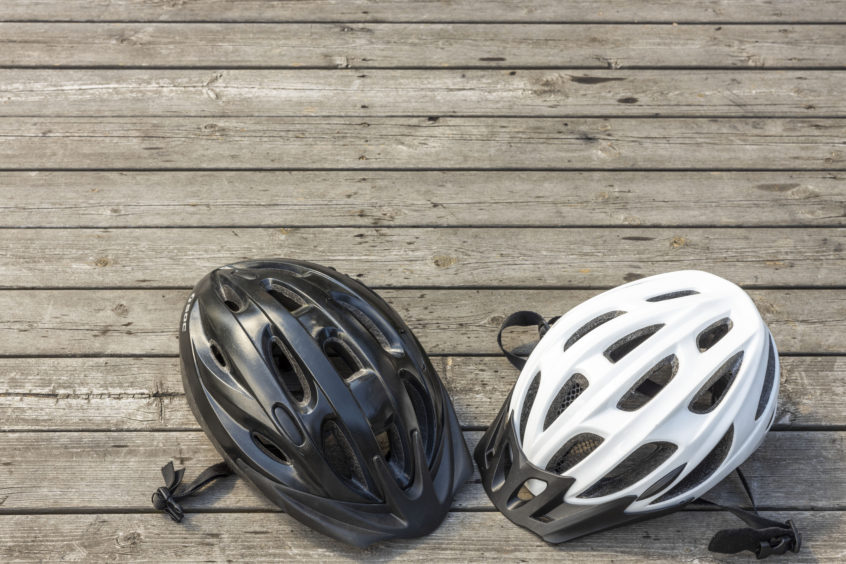Page Contents
Helmet Laws
If you ride a bicycle to work or for leisure, you may know that various laws are in place to protect you from serious cycling hazards such as motorists, pedestrians, and even fellow cyclists. Failing to adhere to these laws can result in significant fines and other penalties, but knowing what they are can be slightly trickier.
The good news is that you don’t need to know helmet laws by state. All you need is our guide to Washington State helmet law and how it affects you during your time on your bike.
Seattle and Washington State Helmet Laws
A slightly confusing aspect of the helmet law in Washington State is that you need to take care and distinguish between motorcycle helmet laws and bicycle helmet laws.
Since 1990, the state of Washington has had a universal helmet law for all motorcyclists, including scooters, low-motor bikes, and traditional motorcycles. A recent bill aimed to change this law to allow motorcyclists over 21 to choose whether to wear a helmet or not, but the bill still remains in committee as of late 2021.
Washington state bicycle helmet law is different. The state doesn’t mandate the use of helmets, but certain counties and cities have their own laws that enforce the use of a helmet.
King County established a law requiring a helmet in 1993, but this didn’t apply to Seattle until ten years later. Since 2003, the Seattle bike helmet law has required that all riders must wear an appropriate helmet while riding their bike.
Other counties in Washington have their own version of bike helmet laws. Two counties, Orting and Poulsbo, have age restrictions on helmet use. In Orting, children under 17 years old must wear a helmet, while in Poulsbo, you need a helmet until you turn 18.
The Penalty for Not Wearing a Helmet in Seattle
The city of Seattle relies on law enforcement officers such as police officers or state troopers to enforce the Seattle bike helmet law. Failing to wear a helmet counts as a civil infraction and comes with a $30 fine. However, if you add the $50 court fees to the base fine, your total will be $81 per infraction.
Failing to wear a helmet can also negatively affect you in the event of an accident. The other party may claim that your injuries are worse than if you had worn a helmet, which means that you would be partially at fault for your damages.
Since Washington uses comparative negligence during personal injury cases, being partially at fault will reduce your final damages award. The important caveat is that this claim only applies to head injuries. If you broke your arm, wearing a helmet would be irrelevant since it couldn’t lessen or prevent your arm injury.
Related Articles
How To Treat Road Rash
Anoxic Brain Injury
Navigating Legal Challenges in Sport with a Dedicated Sports Lawyer
What Sport Has The Most Injuries
Sport Injury Treatment
6 Stages of Concussion Recovery
Prevent Traumatic Brain Injuries
For many people, the presence of a bike helmet law in Seattle isn’t enough to get them to wear a helmet. Helmets can be incredibly uncomfortable and hot during summer, and a poor fit can reduce your visibility and ability to react to hazards.
A more compelling reason to wear a helmet is that head injuries are common in bike accidents. According to a recent global metastudy, wearing a helmet can reduce the risk of serious head injuries by 69% and fatal head injuries by 65%. Many of the bike fatalities in Washington involved severe head trauma, which victims could have prevented through helmet use. Simply put, helmets save lives.
Traumatic brain injuries can have devastating consequences on your life. They can prevent you from working, affect your mobility, and even change your personality and affect your speech. Even worse, the symptoms of traumatic brain injuries often show up several days or weeks after the accident, making personal injury claims cases more difficult to prove.
Learn About Your Legal Rights and Options
Seattle bike helmet law is very clear that anyone riding a bike needs to wear a helmet. The consequences of failing to do so can range from a small fine to catastrophic brain injuries. Knowing your rights and options during a bike accident can help you during the aftermath of an accident, whether you were at fault or a victim.
If you’ve suffered a severe bike accident, it’s important to have an attorney on your side. Our legal team at Brain Injury Law of Seattle has plenty of experience with Seattle helmet law and other applicable safety laws that can impact your bike-related personal injury claim. We can provide you with the legal assistance you need to pursue your claim and protect your rights throughout the process. Give us a call at (425) 307-6001 today!






